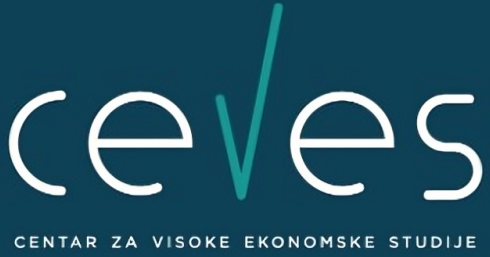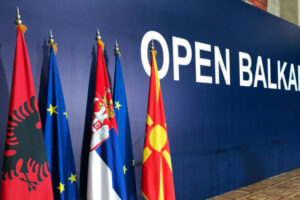Partner: Nemačka organizacija za međunarodnu saradnju (GIZ)
Godina: 2017
Cilj projekta je bio da se proceni mogući dugoročni uticaj uvođenja cirkularne ekonomije u tri odabrana sektora, baziran na makroekonomskim pokazateljima kao što su BDP, zaposlenost, neto izvoz itd. Ovo istraživanje je doprinos strategiji o cirkularnoj ekonomiji u Srbiji. Procena uticaja je usmerena na ekonomske i socijalne efekte u sektorima: poljoprivreda / prehrambena industrija, električna i elektronska oprema i ambalaža od plastike. U okviru modela obuhvaćena je procena prihoda, troškova, dodate vrednosti, profita i stvorenih radnih mesta, u slučaju uvođenja cirkularne ekonomije u odabrane sektore. Za potrebe ovog projekta, CEVES je razvio metodologiju za procenu ekonomskog uticaja cirkularne ekonomije koristeći delimično uravnoteženo modeliranje na nivou sektora, prvenstveno se oslanjajući na iskustvu kalibriranja u drugim zemljama. Kvantifikovanje promena u ključnim makroekonomskim pokazateljima odnosi se na ocenu razlike u ciljanim scenarijima (i postizanju nacionalnih ciljeva) i uobičajenim scenarijima. Istraživanje je obuhvatilo prikupljanje zvaničnih podataka (Srbija i EU), polustrukturirane intervjue sa ključnim sagovornicima, procenu rasta ekonomskih aktivnosti i cena, “benchmark” analizu itd.








